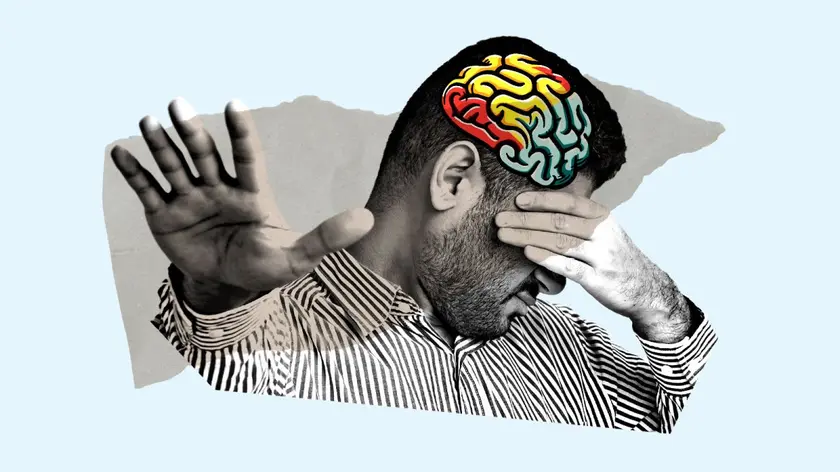T4K3.news
ECT Safety Review
A new survey questions how ECT is explained and its long term memory risks

A survey of 858 patients who had ECT found that more than half had a negative response and few were told it could cause long term memory problems.
Electric shock therapy questioned after international patient survey
An international survey of 858 recipients of electroconvulsive therapy, the first of its kind, raises questions about the balance of risk and benefit. The report in the Journal of Medical Ethics finds a gap between patient experience and how the procedure is presented. It notes that about 2,500 people in the NHS receive ECT each year, mostly for treatment resistant depression, with other uses for schizophrenia and catatonia. Only 17 percent of respondents were told about possible long term memory problems, while 59 percent said the information provided was inadequate. The findings point to a persistent mismatch between patient experience and the once accepted view that ECT is a safe and effective option.
The study comes as the last placebo trial testing effectiveness dates from 1985. The authors say the benefits are often overstated and the risks downplayed. Critics argue that the evidence base is old while real world use continues. Proponents say ECT can be life saving when other options fail. The international scope invites a rethink of how medical practices are taught and regulated across health systems.
Key Takeaways
"Consent must come with a full map of risks"
Call for clear risk disclosure in ECT
"Memory loss should not be a footnote in treatment"
Visibility of memory risks for patients
"Old evidence should not anchor modern care"
Concern about an old evidence base
"Transparency in patient information is a basic right"
Ethical standard in care
Careful reading shows more than numbers. It highlights a trust problem between patients and doctors. Informed consent should be a real conversation with clear information about possible memory effects. When memory problems may persist long after treatment ends, patients deserve a straightforward view of risks and alternatives. The NHS faces a test to update how it informs and supports patients before, during, and after ECT.
Beyond this therapy there is a wider question about how medicine holds on to old tools while questions about safety remain. The ethical obligation is to improve data, share findings openly, and listen to those who have lived through treatment. If health systems want to maintain public confidence, they must welcome scrutiny and adjust practices accordingly.
Highlights
- Consent must come with a full map of risks
- Memory loss should not be a footnote in treatment
- Old evidence should not anchor modern care
- Transparency in patient information is a basic right
Ethical and safety concerns around memory risks in ECT
The study highlights potential lapses in informed consent and memory risks, raising policy and patient safety concerns.
Clearer information could reshape how ECT is used
Enjoyed this? Let your friends know!
Related News

Two Fatalities at Skegness Beach

Solihull pub faces licence review after dangerous gas found

Rider dies at major eventing meet

Tragic fall at Aston le Walls prompts safety review

Mum condemns security guard action at Hooters during parade

SSRIs safety signals prompt review

FDA appoints new leader for drug evaluation

Health department ends mRNA vaccine contracts
